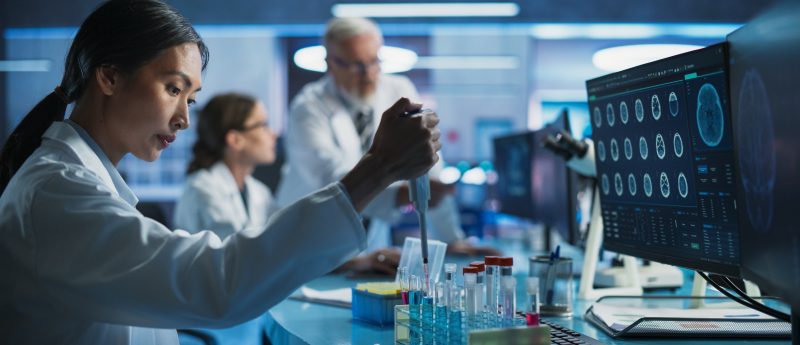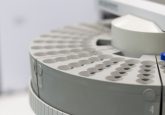Bioanalysis supporting disease biomarker discovery and validation

This is eBook chapter is available free of charge as part of the Biomarkers (and biosensors) Spotlight!
Introduction
Clinically useful disease biomarkers are discovered and validated through a lengthy and complex process that has been conceptualized as having four main phases: exploratory studies, assay development, retrospective validation studies and prospective validation studies. Well-characterized, carefully collected biofluid samples for disease biomarker studies are essential for this endeavor. Fortunately, substantial progress has been made in developing LC–MS-based instrumentation with impressive sensitivity for conducting the required rigorous bioanalytical and clinical validations. This has resulted in a tremendous increase in research activity related to the discovery of disease biomarkers over the last 10 years. Paradoxically, approvals by the US FDA for new disease biomarkers actually declined during this time. This suggests that an impediment to the discovery and validation of novel disease biomarkers could be the lack of standardization in how specimens have been collected and stored in the past. Therefore, new and more rigorous approaches to the banking of biofluids from subjects with specific diseases should lead to the more efficient discovery of biomarkers. An emphasis on conducting validation studies using systems-based approaches and/or the use of innovative, ex vivo biomarker-discovery protocols should also be helpful for reversing the decline in approval for new biomarkers. This would satisfy the compelling need for well-validated biomarkers for improving the diagnosis of specific diseases, as well as for monitoring the efficacy of novel therapies.
Click here to access the full chapter.






